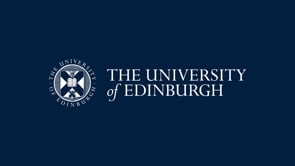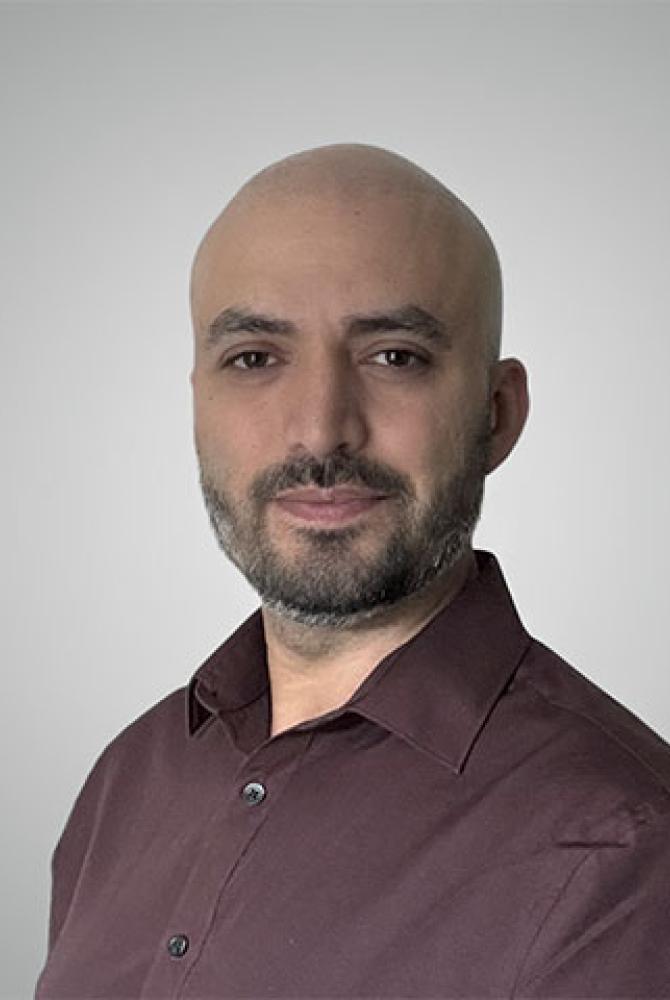Outline
This programme is not currently accepting applications.
This innovative programme offers the best of studio-based design learning in an online context. It provides opportunities for you to develop skills and insights in the creative use of design practices and technologies for digital media across a range of uses and platforms.
You will:
- acquire wide skills in creative digital techniques
- investigate practice contexts for application across the arts, entertainment, performance and industry
- probe the social, cultural and commercial implications of such developments
- work together, and with colleagues located on campus in Edinburgh, to realise imaginative design outcomes.
Programme structure
Digital media technology is at the heart of modern life. At work, in education, in leisure and entertainment, and even in sports, digital tools and devices are everywhere. How we communicate, our social life, and the core of our society, are now based on digital media.
Design also continually shapes contemporary experience. The products and services we use, the environment we inhabit, and the information we use, or are presented with, are all designed with specific intent. Things that are not themselves digital are commonly designed digitally.
Digital design requires a multi-perspective approach to developing media and interactive experiences, and this programme deals with the complex relationships between design and digital media.
Our programme is practice-led and there are significant demands on our students to create innovative designs for, and with, digital media and technologies across a range of creative contexts that can include:
- visual design
- user interface design
- user experience design
- interactive media
- mobile web applications
- animation
- game design
- augmented reality
- virtual environments
Part-time study
You can choose to apply for the MSc either full-time (1 year) or part-time (between 2 and 6 years).
Part-time students can exit the programme at any stage with the qualification they have earned, which is determined by the number of courses completed.
You can study for a single course, a certificate, a diploma or the MSc, with a minimum of 20 and a maximum of 60 credits in any given semester.
Teaching
You will be taught through a combination of lectures, seminars, tutorials, practical sessions and critiques.
Projects encourage original thinking and independent achievement within a framework of teamwork and creative ability. You will also engage closely online with colleagues following our highly successful programme in Design and Digital Media.
In the first semester, the programme focuses on developing design thinking and digital skills. You will explore approaches to the design of interactive media and discussion of cultural theories about living and working with digital media. Teaching is through a combination of lectures, seminars, tutorials, practical sessions and studios.
In the second semester, the focus moves to dynamic and data-driven web applications, immersive experiences such as game design, cross-disciplinary design and the artistic dimensions of design as creative practice. Students are given the option to include subjects offered by other Schools within ECA and across the wider University of Edinburgh.
The programme concludes with a self-directed but supervised research-led final design project over the summer period in an appropriate area of design and digital media.
Learning outcomes
On completing the programme, the students should be able to:
- Make skillful use of digital tools and techniques in the context of a design project producing immersive and engaging digital media.
- Use design and information technology to creatively solve problems.
- Contribute to the integration of external data and the development of interactive behaviours in digital applications.
- Comprehend the main principles of iterative design and research and their relationship with evaluation.
- Critically evaluate digital technologies and their applicability to design.
- Demonstrate an understanding of the cultural and business context in which digital technologies are developed and promoted.







